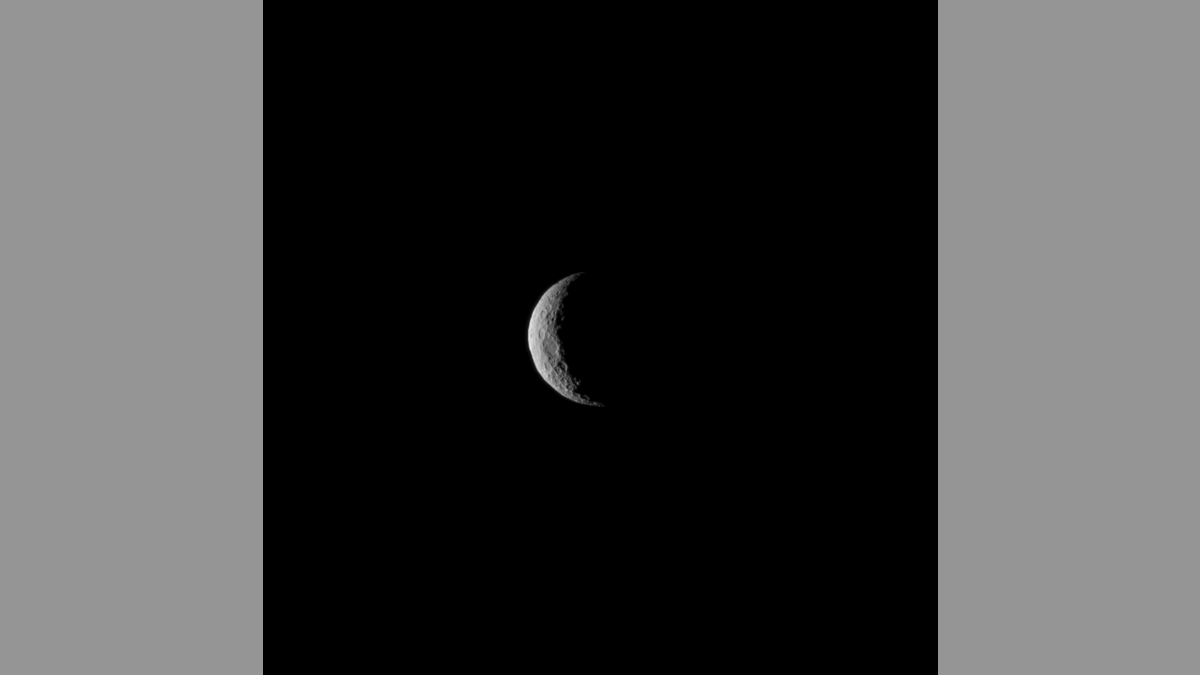
File photo: The dwarf planet Ceres, one of several known dwarf planets in our solar system, is seen from NASA's Dawn spacecraft on March 1, 2015, just a few days before the mission achieved orbit around the previously unexplored dwarf planet. (NASA/JPL-Caltech/UCLA/MPS/DLR/IDA)
Welcome to the solar system, 2014 UZ224.
That’s the prosaic name of the newest dwarf planet to be discovered in our solar system, a celestial body that’s just 330 miles wide and over eight billion miles away from our sun.
A professor at the University of Michigan, David Gerdes, is the head scientist behind the discovery, which involved using an instrument in Chile called the Dark Energy Camera as well as the assistance of undergraduate students, according to NPR, which reported the news.
Related:
"The Dark Energy Survey was designed to make discoveries far beyond our galaxy," Gerdes told FoxNews.com in an email. "But the same combination of survey area and depth that makes DES a state-of-the-art cosmological survey also makes it a great tool for making discoveries in our own cosmic backyard, such as 2014 UZ224."
Gerdes was also joined in the research by a graduate student, Stephanie Hamilton, as well as collaborators from the University of Pennsylvania, he said.
"We've found about 50 new solar system objects so far, and have still examined only a fraction of the data," he added. "I hope 2014 UZ224 is not the most interesting thing we eventually find!"
The dwarf planet joins other residents of our solar system in the same category, like Pluto and Eris. While it takes Pluto and Eris 248 and 557 years, respectively, to orbit the sun, one trip around our star for 2014 UZ224 takes a staggering 1,100 years.
According to NASA, our solar system could have “dozens” of dwarf planets.
Gerdes is also interested in spotting a hypothetical member of our solar system called Planet 9.
"I'm excited about our chances of finding it," he told NPR.
Follow Rob Verger on Twitter: @robverger
